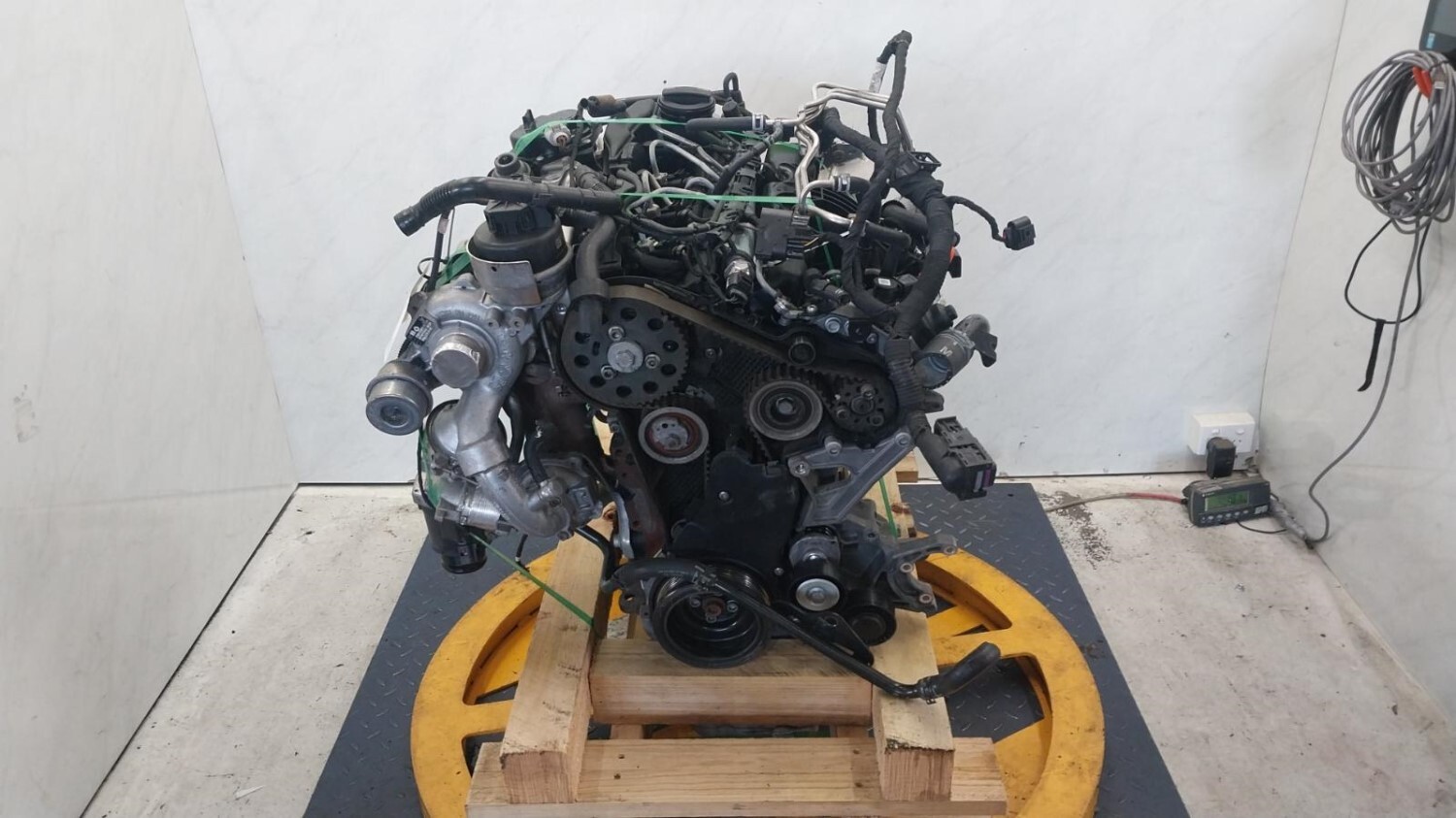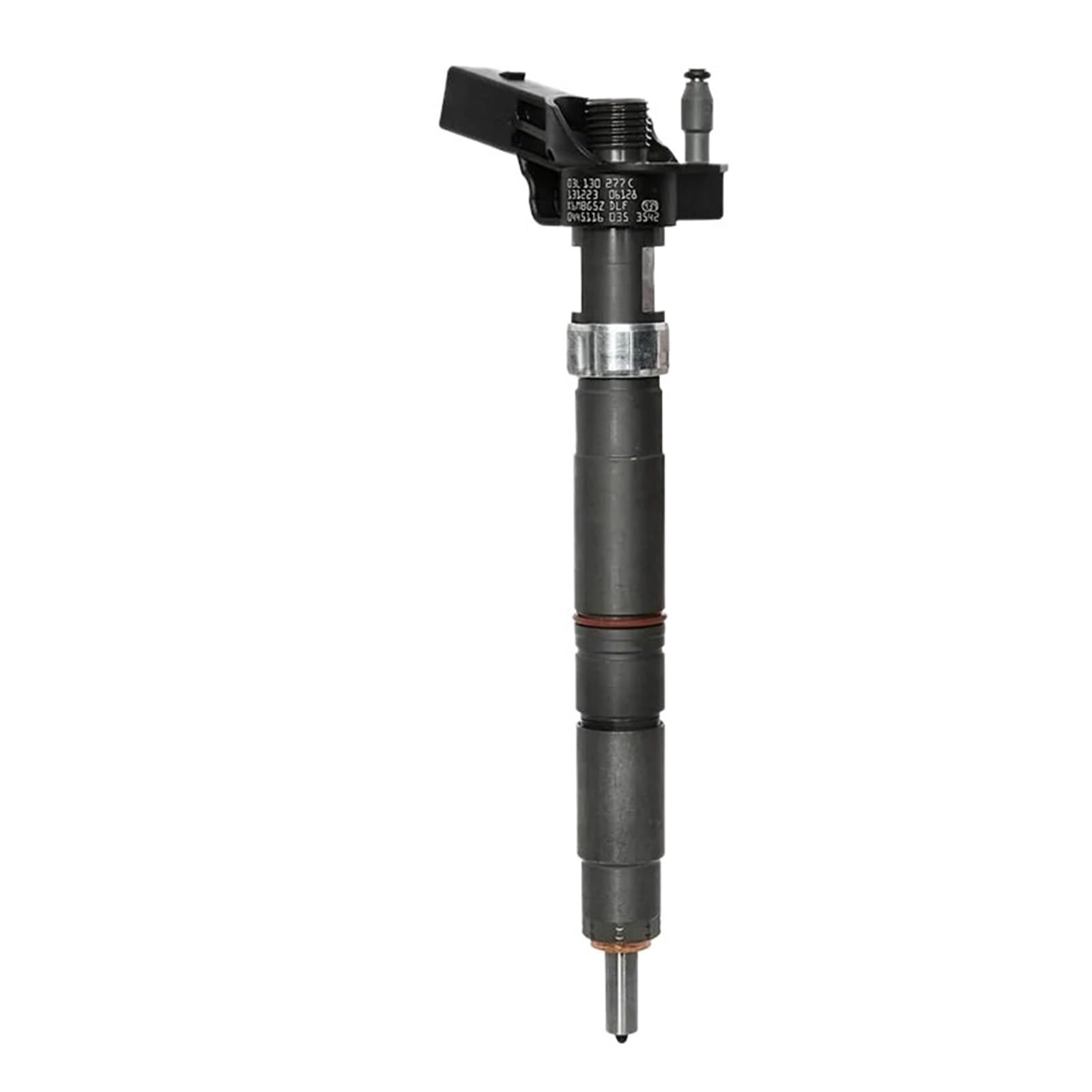Shop the most recent Amarok Engine for Sale-- Exceptional Costs and High-Quality Engines
Navigating the Refine of Engine Choice: Key Elements to Take Into Consideration
The process of engine choice is a multifaceted undertaking that requires careful assessment of numerous essential elements to guarantee placement with functional objectives. Efficiency demands, gas performance, and monetary restraints are simply the beginning; factors to consider around environmental effect and upkeep support play a pivotal role in the decision-making structure.
Efficiency Demands
When selecting an engine, it is essential to develop clear performance needs that line up with the designated application. Performance demands include a series of variables, consisting of power result, torque attributes, and responsiveness, which have to be tailored to the details needs of the lorry or equipment concerned.
Power output, normally measured in horse power, determines the engine's capability to push a vehicle or perform a task successfully. Torque, on the various other hand, is important for applications requiring solid preliminary acceleration or heavy lifting abilities. An understanding of the functional environment is also vital; for example, engines made for off-road applications may require different efficiency attributes contrasted to those intended for highway usage.
In addition, consider the functional tons and responsibility cycle, as these aspects affect the engine's long life and dependability. In high-load circumstances, a durable engine layout may be needed to avoid premature wear or failure. Furthermore, performance needs should additionally include considerations for discharge standards and governing conformity, particularly in areas with rigorous ecological regulations. By specifying these performance criteria early in the selection procedure, stakeholders can make informed decisions that enhance total operational effectiveness and efficiency.
Fuel Effectiveness Considerations
While efficiency requirements are essential, fuel effectiveness is just as important in the engine option procedure, as it directly impacts operating expense and ecological sustainability. Fuel-efficient engines consume less fuel per system of job done, which not just lowers overall expenditure yet also lessens greenhouse gas exhausts. As organizations progressively focus on sustainability, picking an engine that optimizes fuel effectiveness can improve corporate duty and compliance with environmental regulations.
When assessing fuel performance, it is important to consider the engine's design and modern technology - amarok engine for sale. Innovations such as turbocharging, straight gas injection, and crossbreed systems can substantially improve fuel economy. Furthermore, understanding the operating problems and responsibility cycles of the engine application is vital; engines might do in different ways under varying speeds and loads
Additionally, producers often offer gas usage data that can be utilized to contrast numerous engine choices. It is suggested to examine these specifications in real-world circumstances to make sure accuracy. The kind of fuel used can additionally influence gas efficiency; alternative gas may provide far better efficiency and reduced emissions. In recap, fuel effectiveness is a multi-faceted consideration that requires detailed assessment during the engine selection procedure.
Budget Plan and Price Analysis
Spending plan and expense analysis functions as a crucial component in the engine choice process, affecting both short-term financial investments and long-term functional expenses. When reviewing potential engines, it is important to consider not only the initial acquisition price however additionally the overall price of ownership, which includes setup, maintenance, gas usage, and possible downtime.
A comprehensive analysis needs to begin with the upfront expenses connected with the engine, consisting of required adjustments or ancillary tools. Nevertheless, concentrating solely on first expenditures may result in misdirected decisions. Examining operating prices over the engine's life-span is similarly important, as much more pricey engines may use premium gas performance or lowered upkeep demands, eventually causing cost savings.

Environmental Effect Factors
Recognizing environmental impact variables is important in the engine option procedure, as sustainability considerations have actually ended up being increasingly crucial for both governing conformity and company responsibility. Organizations must examine the discharges created by numerous engine kinds, consisting of carbon dioxide, nitrogen oxides, particle matter, and unburned hydrocarbons. These discharges contribute dramatically to air pollution and climate change, demanding a careful evaluation of the engine's environmental impact.
Additionally, gas type plays an essential duty in ecological influence. Engines powered by eco-friendly power resources, such as biofuels or hydrogen, have a tendency to have a lower ecological impact contrasted to standard fossil gas. Additionally, the lifecycle assessment of the engine, from manufacturing with procedure to disposal, should be considered to recognize the complete range of its ecological ramifications.

Upkeep and Support Choices
When selecting an engine, the schedule of upkeep and support alternatives is a crucial consideration that can considerably influence functional effectiveness and long life. Comprehensive upkeep plans make certain that the engine operates at peak efficiency and decreases unforeseen downtimes. It is important to examine the producer's support network, including the availability of qualified specialists and service facilities.
Assessing the ease of access of extra parts is likewise important. A reliable supply chain for parts can lower preparations for repair work and upkeep, therefore enhancing total productivity. Additionally, think about the ease of acquiring technological paperwork and training sources, which are essential Check Out Your URL for making certain that workers are well-appointed to deal with routine and emergency situation circumstances.
Another essential factor is the warranty and solution arrangements provided by the maker. Eventually, a positive approach to maintenance and assistance not only prolongs the life of the engine but additionally adds to the general success of the operation.
Conclusion
In final thought, the process of engine selection requires a detailed assessment of numerous critical factors, including efficiency needs, gas performance, budget plan restrictions, ecological impact, and upkeep assistance. By thoroughly evaluating these aspects, educated choices can be made that align with operational objectives and sustainability goals. Eventually, a strategic strategy to engine selection will certainly guarantee optimum performance and durability while resolving environmental and monetary considerations efficiently.
While efficiency needs are crucial, gas performance is equally essential in the engine choice procedure, as it directly affects operating costs and environmental sustainability. As organizations progressively prioritize sustainability, picking an engine that optimizes gas performance can improve corporate responsibility and conformity with environmental regulations.
Additionally, comprehending the operating conditions and responsibility cycles of the engine application is vital; engines may execute in a different way under differing speeds and lots. (amarok engine for sale)
Examining operating expenses over the engine's life-span is similarly essential, as much more expensive engines could offer premium fuel effectiveness or minimized maintenance demands, ultimately great site leading to cost financial savings.
In verdict, the process of engine choice necessitates an extensive examination of different crucial variables, including performance needs, fuel efficiency, budget plan restrictions, ecological influence, and maintenance assistance. - amarok engine for sale